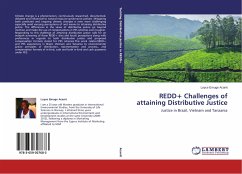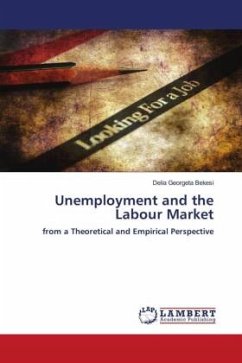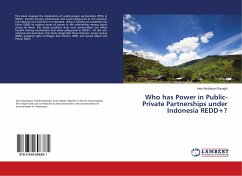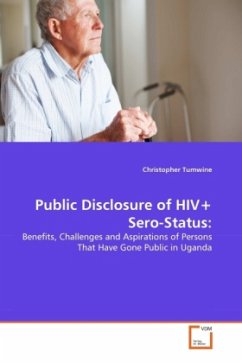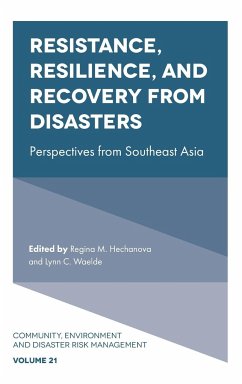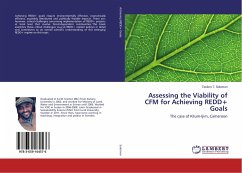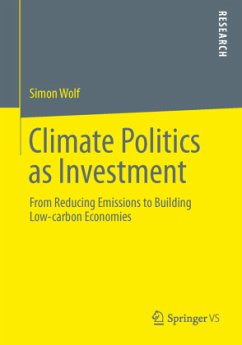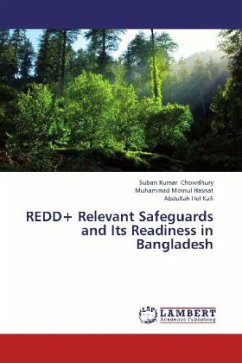
REDD+ Relevant Safeguards and Its Readiness in Bangladesh
Versandkostenfrei!
Versandfertig in 6-10 Tagen
32,99 €
inkl. MwSt.

PAYBACK Punkte
16 °P sammeln!
However REDD+ emerged as a new concept to us all, it gained much attention to the international climate negotiators. REDD+ benefits could vary from state to state. From perspective of Bangladesh, how the indigenous people could be benefited from REDD+ is now emerge as a core question. Moreover the environmental Acts of the state (i.e. Forest Act 1927, Social Forestry Act 1994, amended 2004 updated 2011) are not currently fit with the REDD+ implementation path (i.e. co-management, forest management). On the other hand the efficiency of REDD+ implementation depends on the knowledge of the local ...
However REDD+ emerged as a new concept to us all, it gained much attention to the international climate negotiators. REDD+ benefits could vary from state to state. From perspective of Bangladesh, how the indigenous people could be benefited from REDD+ is now emerge as a core question. Moreover the environmental Acts of the state (i.e. Forest Act 1927, Social Forestry Act 1994, amended 2004 updated 2011) are not currently fit with the REDD+ implementation path (i.e. co-management, forest management). On the other hand the efficiency of REDD+ implementation depends on the knowledge of the local community about REDD+. In this regards Bangladesh needs to play more active role at local level. The paper aims to discuss all about these issues to assess the current status of REDD+ readiness in Bangladesh.



